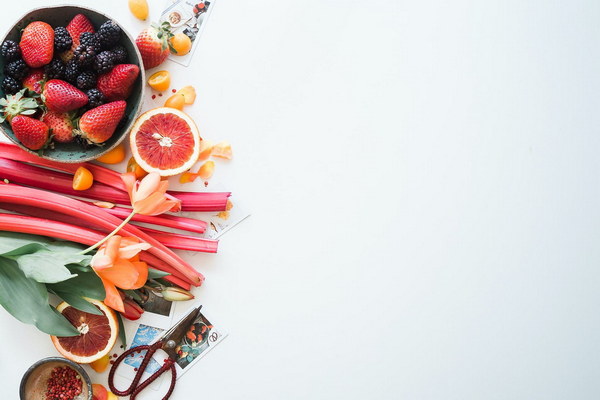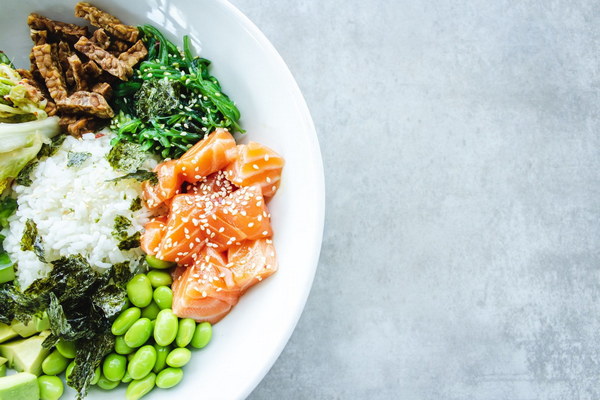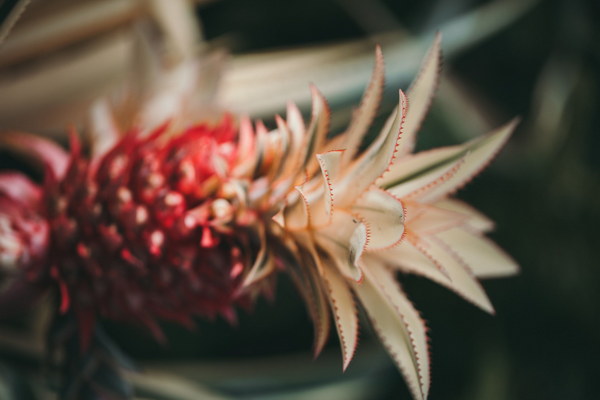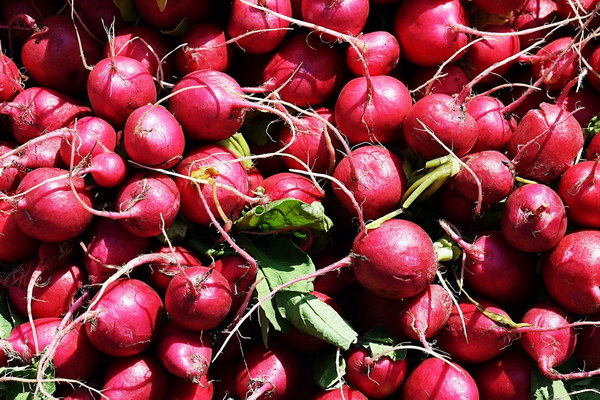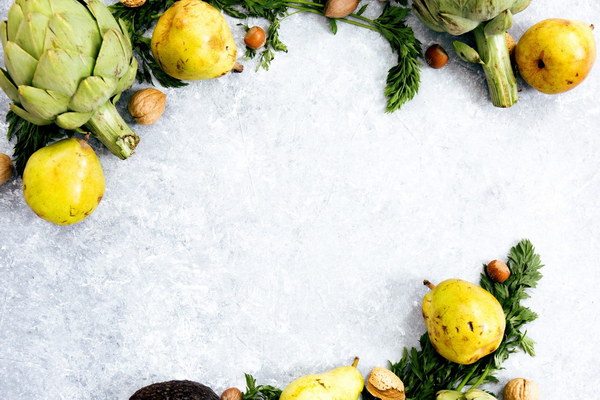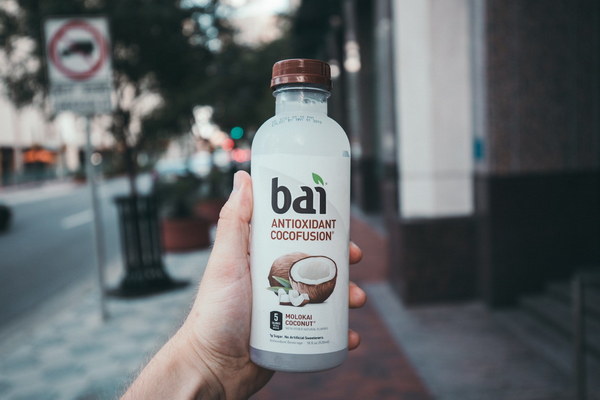Boost Your Spleen Health with Citrus Peel and What Else A Guide to Traditional Chinese Herbal Teas
In the realm of Traditional Chinese Medicine (TCM), the spleen is considered a vital organ that plays a significant role in digestion, absorption, and transportation of nutrients throughout the body. One of the most commonly used ingredients in TCM to support spleen health is the dried peel of the citrus fruit, known as Chen Pi or citrus peel. When combined with other herbs, citrus peel can enhance its properties and create a powerful herbal tea that can help maintain a healthy spleen. In this article, we will explore the benefits of using citrus peel and discuss the best herbs to pair with it for optimal spleen health.
Introduction to Citrus Peel
Citrus peel, derived from the outer rind of oranges, tangerines, and other citrus fruits, has been used in Chinese herbal medicine for centuries. It is believed to have astringent, bitter, and warm properties, making it an excellent choice for spleen and stomach issues. The active compounds in citrus peel, such as hesperidin and naringin, are thought to help improve digestion, reduce bloating, and alleviate symptoms of spleen deficiency.
Pairing Citrus Peel with Other Herbs
To maximize the benefits of citrus peel, it is often combined with other herbs that complement its properties. Here are some of the most effective herbs to pair with citrus peel for spleen health:
1. Astragalus (Huang Qi): Known for its immune-boosting properties, Astragalus is an excellent herb to combine with citrus peel. It helps strengthen the spleen and improve energy levels.
2. Cinnamon (Rou Gui): Cinnamon is a warm and sweet herb that helps support the spleen and stomach, as well as aid in digestion. It pairs well with citrus peel to create a soothing and warming herbal tea.
3. Licorice (Gan Cao): Licorice is a versatile herb that can help balance the flavors of other herbs and reduce any potential side effects. It also has a calming effect on the stomach, making it an ideal addition to citrus peel tea.
4. Ginger (Sheng Jiang): Ginger is a powerful digestive aid that can help relieve bloating, gas, and indigestion. When combined with citrus peel, ginger can help improve the absorption of nutrients and support overall spleen health.
5. Chamomile (Mu Dan Pi): Chamomile is a calming herb that can help reduce stress, which is often associated with spleen and stomach problems. It is also believed to have anti-inflammatory properties that can help soothe the digestive tract.
How to Make Citrus Peel and Herbal Tea
To prepare a soothing and nourishing herbal tea that promotes spleen health, follow these steps:
1. Gather your ingredients: 1-2 slices of citrus peel, 1-2 slices of Astragalus, 1/2 teaspoon of cinnamon, 1/2 teaspoon of licorice, 1/2 teaspoon of ginger, and a handful of chamomile flowers.
2. Boil water: Fill a pot with fresh water and bring it to a boil.
3. Add herbs: Once the water is boiling, add the citrus peel, Astragalus, cinnamon, licorice, ginger, and chamomile flowers to the pot.
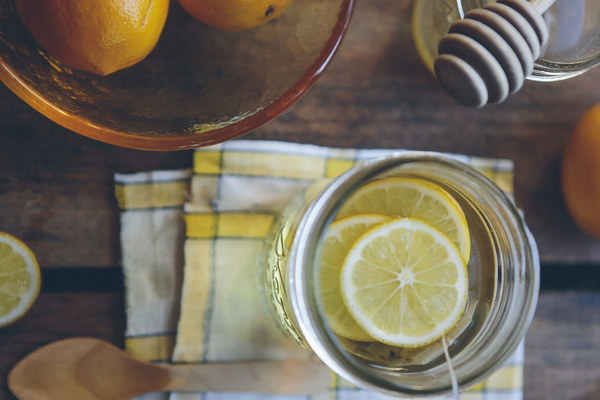
4. Simmer: Reduce the heat to low and let the mixture simmer for about 15-20 minutes, allowing the flavors to meld together.
5. Strain and serve: Remove the pot from heat and strain the tea into a cup. You can sweeten the tea with honey or a natural sweetener if desired.
Conclusion
By incorporating citrus peel and other beneficial herbs into your diet, you can support your spleen health and promote overall well-being. Remember to consult with a healthcare professional before starting any new herbal regimen, especially if you have underlying health conditions or are taking medication. With the right combination of herbs, you can enjoy the soothing and rejuvenating properties of this traditional Chinese herbal tea.
